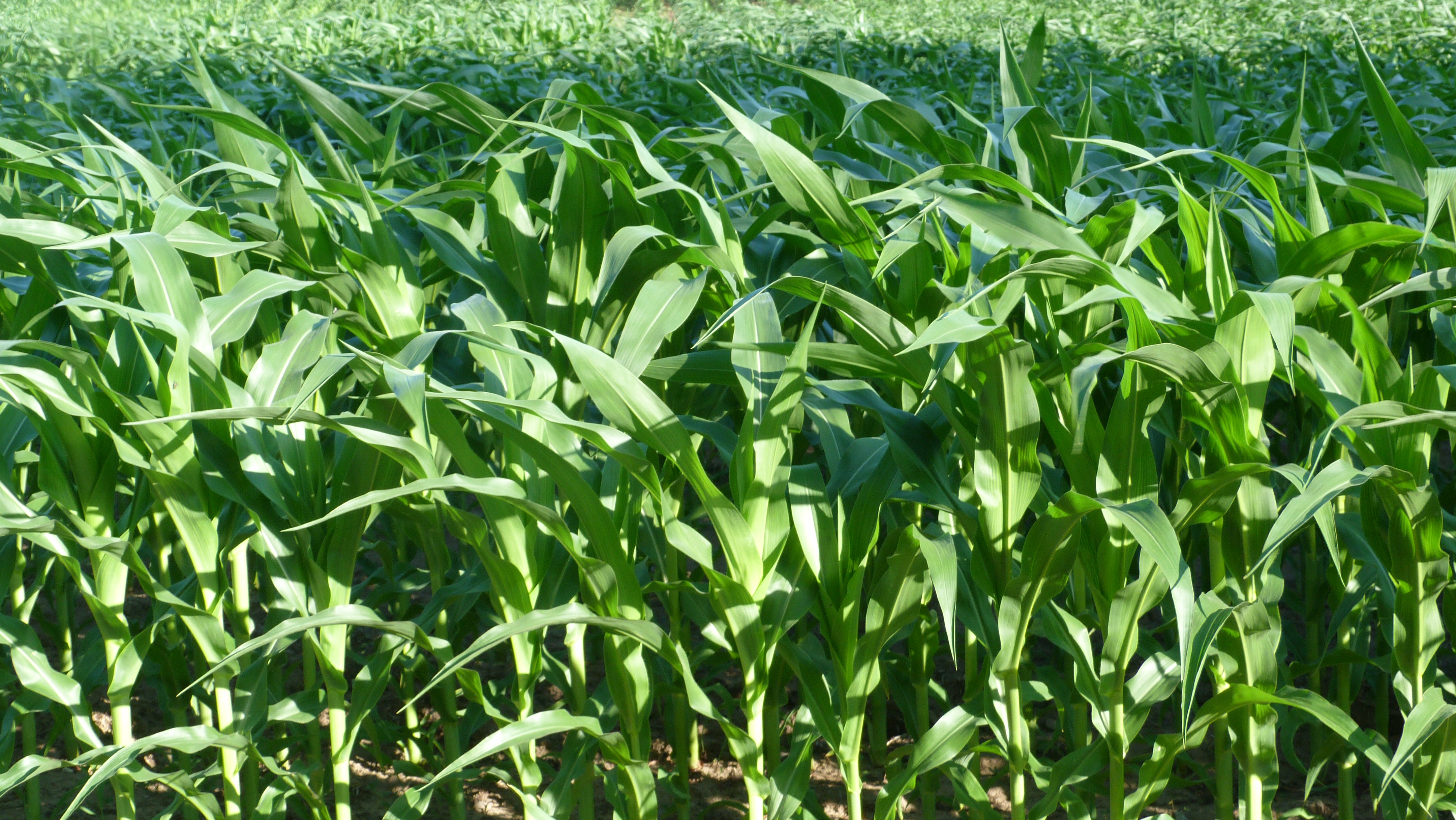
BioAmber agrees to buy sugar from proposed Sarnia bio-plant
May 1, 2016
By Taylor Fredericks
April 30, 2016 - Comet Biorefining has locked in an important customer for its planned biomass plant in Sarnia.

Following the announcement earlier this year of their plan to build a facility that will convert local corn stover and other agricultural byproducts into dextrose sugar, London-based Comet announced that they have reached an off-take agreement with BioAmber, another major player in the burgeoning cluster of bio-industrial projects in the region.
The plant—which will be located in TransAlta’s Bluewater Energy Park, and which Comet hopes to see finished by sometime in 2018—is expected to produce upwards of 27 million kilograms of dextrose sugar annually, and could add as many as 100 permanent jobs to the area and $100 million to Ontario’s economy. Comet has received nearly $10.9 million in federal funding to aid in the completion of the facility.
For BioAmber, the agreement is an easy fit following the recent opening of its facility in August 2015 that uses corn sugar to produce bio-based succinic acid—a chemical used in a broad range of everyday products—at the nearby Lanxess Bio-Industrial Park. Though Comet has yet to announce a start date for construction of the new facility, executive vice-president Mike Hartmann is excited by the prospect of sourcing sugar from a local supplier.
“This agreement allows us to source other sugars for our plant if and when they are commercially available and competitively priced,” he explains. “We believe it positions us well to diversify our sugar needs in the future without compromising quality or costs.”
Perhaps even more importantly, Hartmann continues to be impressed by the growth of bio-industry in the Sarnia region, and—with BioAmber looking to potentially build an even larger facility in the Transalta Energy Park in the near future—sees even bigger possibilities going forward.
“We are proud to be contributors to the bio-industrial cluster in Sarnia,” says Hartmann. “With more companies and projects locating to the area, we are increasing the amount of knowledge and skills developing across the cluster.”
The plan to build the Comet plant is the result of a yearlong study conducted by Bioindustrial Innovation Canada to determine the viability of the project. In partnership with Comet and the local Cellulosic Sugar Producers Cooperative (CSPC), which represents area farmers, BIC researched which available technologies fit best with their farmer-backed strategy and the agricultural makeup of the region.
The planned Comet facility is part of a larger project by BIC to develop bioindustry in the region through their Hybrid Chemistry Cluster, and to establish Sarnia and the surrounding area as a leader in sustainable energy. Ultimately, local stakeholders hope to create a self-supplying and self-sustaining biomass infrastructure in the region through the strategic coordination of farmers, producers like Comet, and end users such as BioAmber.
“This area is fortunate that it can go from growing the biomass to producing chemicals to make end products for business and consumers,” says Hartmann. “It’s an excellent value proposition for Sarnia, Ontario and Canada, and an important contributor when it comes to lowering the environmental impact of traditional petro chemicals.”
Print this page